Mr. Trump sows contradictions, forces a new US-China agreement
The U.S. president said China was stalled in trade talks, warning of a bad situation to reach a new deal.
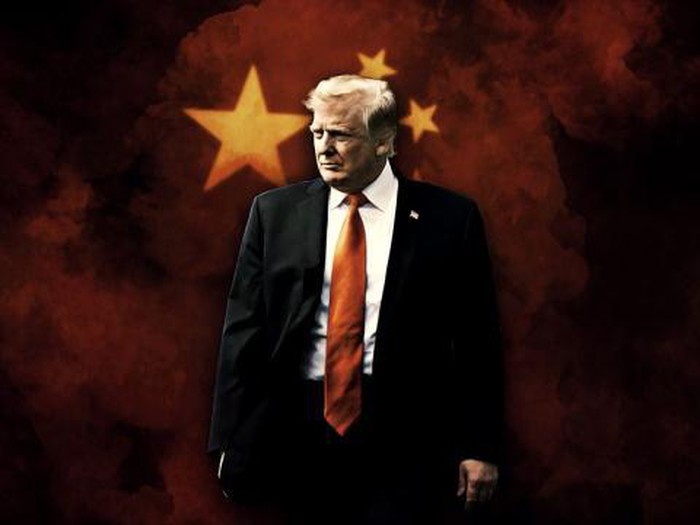
US President Donald Trump on May 11 continued to launch attacks on China after the US-China trade talks ended without positive results.

Mr. Trump wants to push the US-China conflict to a climax.
Writing on Twitter, the US leader expressed: "I think China feels so crushed at the recent negotiations that they can wait until the next (US presidential) election. in 2020, to see if they were lucky and the Democratic Party won...
They know the only problem is that I will win and the deal will be worse for them if it is negotiated in my second term."
Somewhat critical of China after the latest trade talks, the U.S. leader is increasingly confronting the world's second-largest economy.
Trump's remarks also dismissed all optimism of Vice Premier Liu He and China's Ministry of Commerce earlier.
Mr. Liu He after the trade talks in Washington gave a brief answer to the press and Chinese central media.
Accordingly, he expressed "optimism" ahead of the upcoming talks in Beijing.
"The negotiations are not over. On the contrary, I think small steps back are normal and inevitable in bilateral negotiations. Looking ahead, we are still optimistic even though we are cautious," Reuters quoted Mr. Liu He as saying.
However, the Chinese vice premier affirmed that he would never make concessions to the United States on important issues in the negotiations.
Mr. Liu's cautious optimism is also understandable when the US President has not delayed the imposition of tariffs on Chinese goods further.
Trump has ordered tariffs to be increased from 10 percent to 25 percent on $200 billion worth of Chinese goods that want to be imported into the United States. The decision to raise tariffs will take effect on the second day of U.S.-China talks and Beijing has been unable to take action to turn the tide on the first day of talks.
In response to this, China's Ministry of Commerce announced that it would respond on par with US goods imported into China.
However, the figure of $200 billion worth of US goods exported to China has accounted for 91% of the total export value.
If Beijing wants to confront Washington for a long time, it is afraid that it will be the loser itself.
Knowing this, Mr. Trump has actively promoted the trade war between the two countries to a climax. What the US leader expects is for the market to go crazy again because of the new tariffs, forcing China to sit down at the negotiating table. Either they have to be agreements that have been reached, or they have to be agreements that are more beneficial to the United States.
Beijing may also have unilaterally revised the deal that took a lot of effort to negotiate with the U.S. side, as confidential sources have revealed to the U.S. press. It could also be a test of the U.S. leader's response to what China says and what it will actually do.
As a result, President Trump did not hesitate to launch new tariffs on China, forcing Beijing to properly implement technical issues in the fields of investment, security, intellectual property, etc.
In terms of the trade turnover of the two countries, US goods imported into China are somewhat inferior to goods that China wants to enter the US. That is an advantage for Trump to prolong this tariff confrontation, force China to agree and implement the deal.
Kim Hoa
Source: baomoi.com
Related News
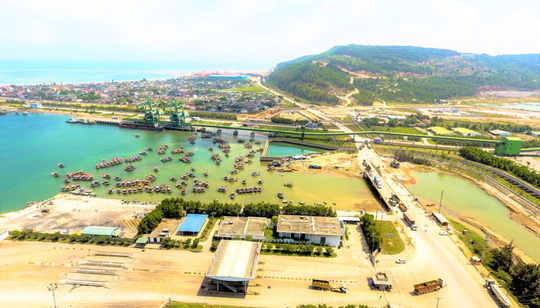
Foxconn pours $1.5 billion into Thanh Hoa to produce for Apple
14/2/2021
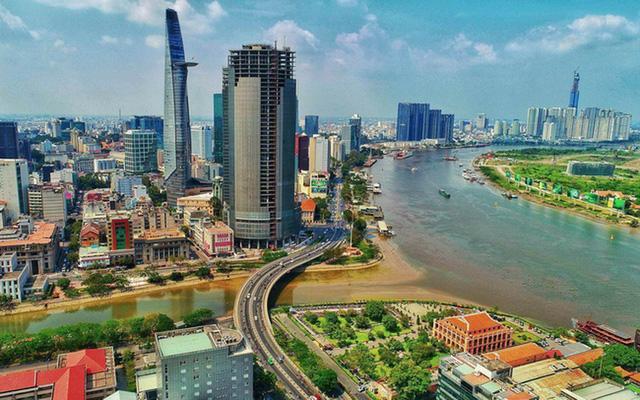
We have generated more than $1,200 billion in GDP
11/11/2020
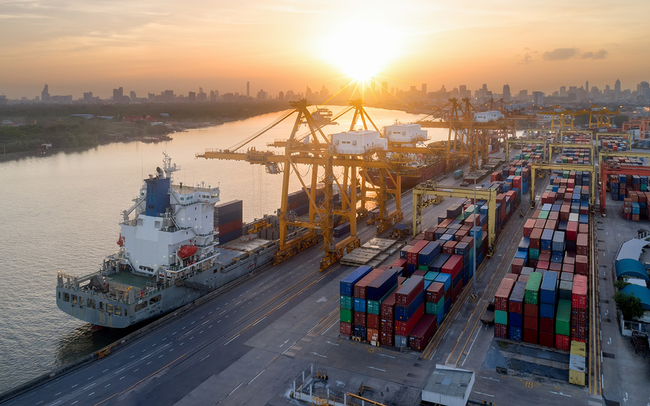
Vietnam's economic growth forecast for the 4th quarter of 2020 and 2021: Will recover in a V-shape, in 2021 it will increase by about 6.5 - 7%
21/10/2020

Standard Chartered: Vietnam's GDP growth forecast of 3% in 2020 and 7.8% in 2021
20/10/2020
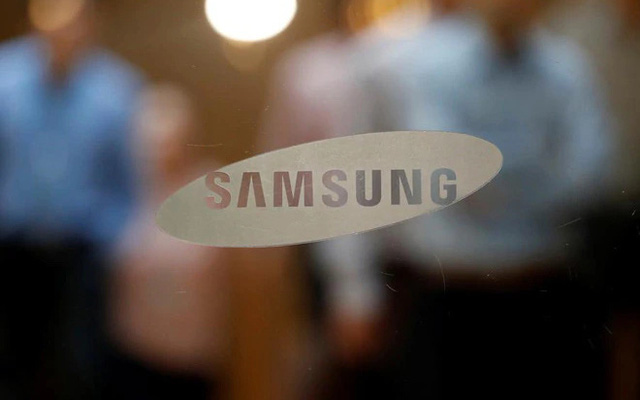
Samsung's outstanding moves in Vietnam and other countries in the "year of Covid-19"
20/10/2020
Featured Articles

Miza Group donated 3 billion VND in response to the contest movement "The whole country joins hands to remove temporary houses and dilapidated houses" in Thanh Hoa
7/6/2025
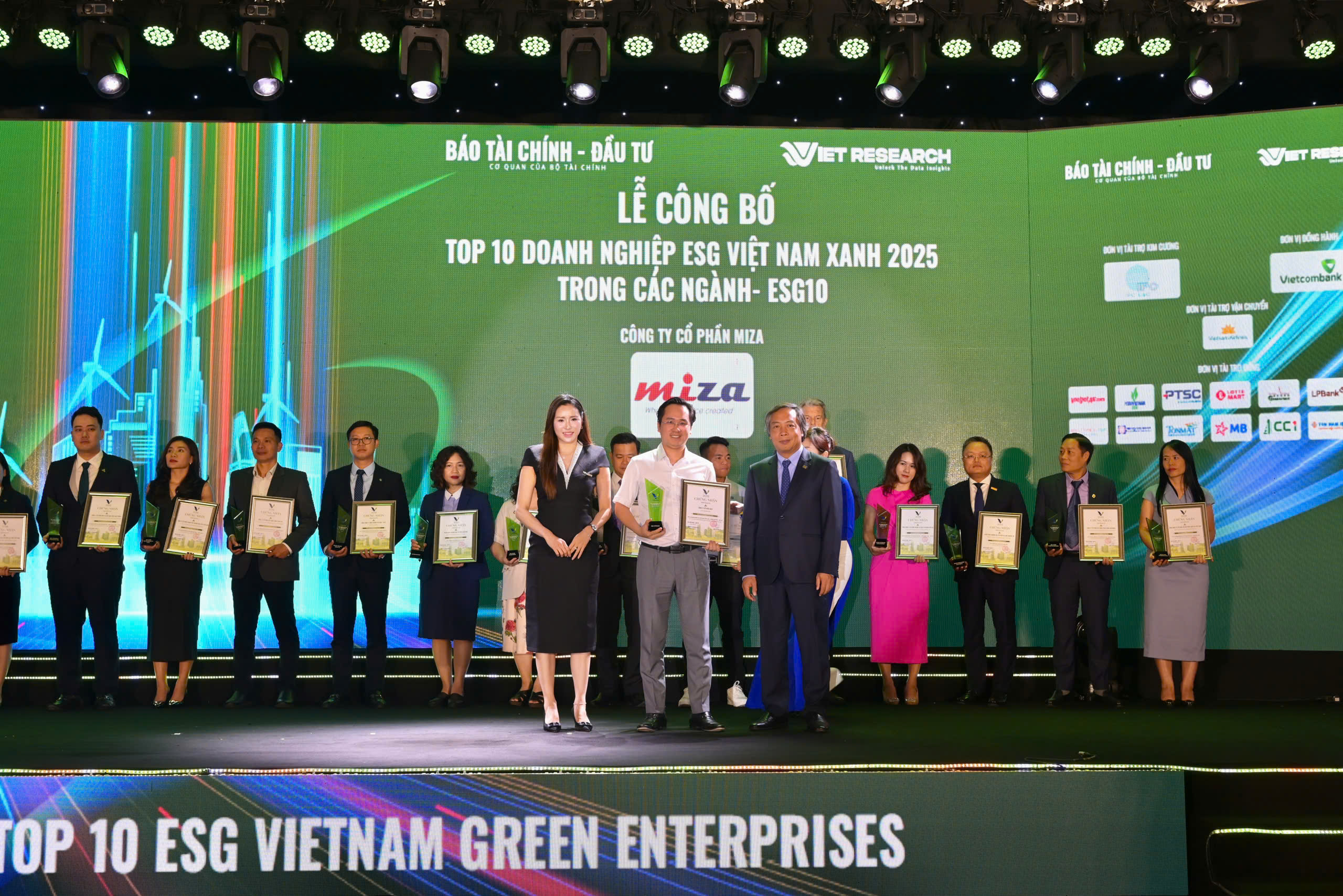
MIZA GROUP ENTERS THE TOP 10 GREEN VIETNAM ESG 2025 THANKS TO THE CIRCULAR ECONOMY DEVELOPMENT STRATEGY
27/6/2025

Miza (MZG) shares are officially listed on UPCoM
12/11/2024
